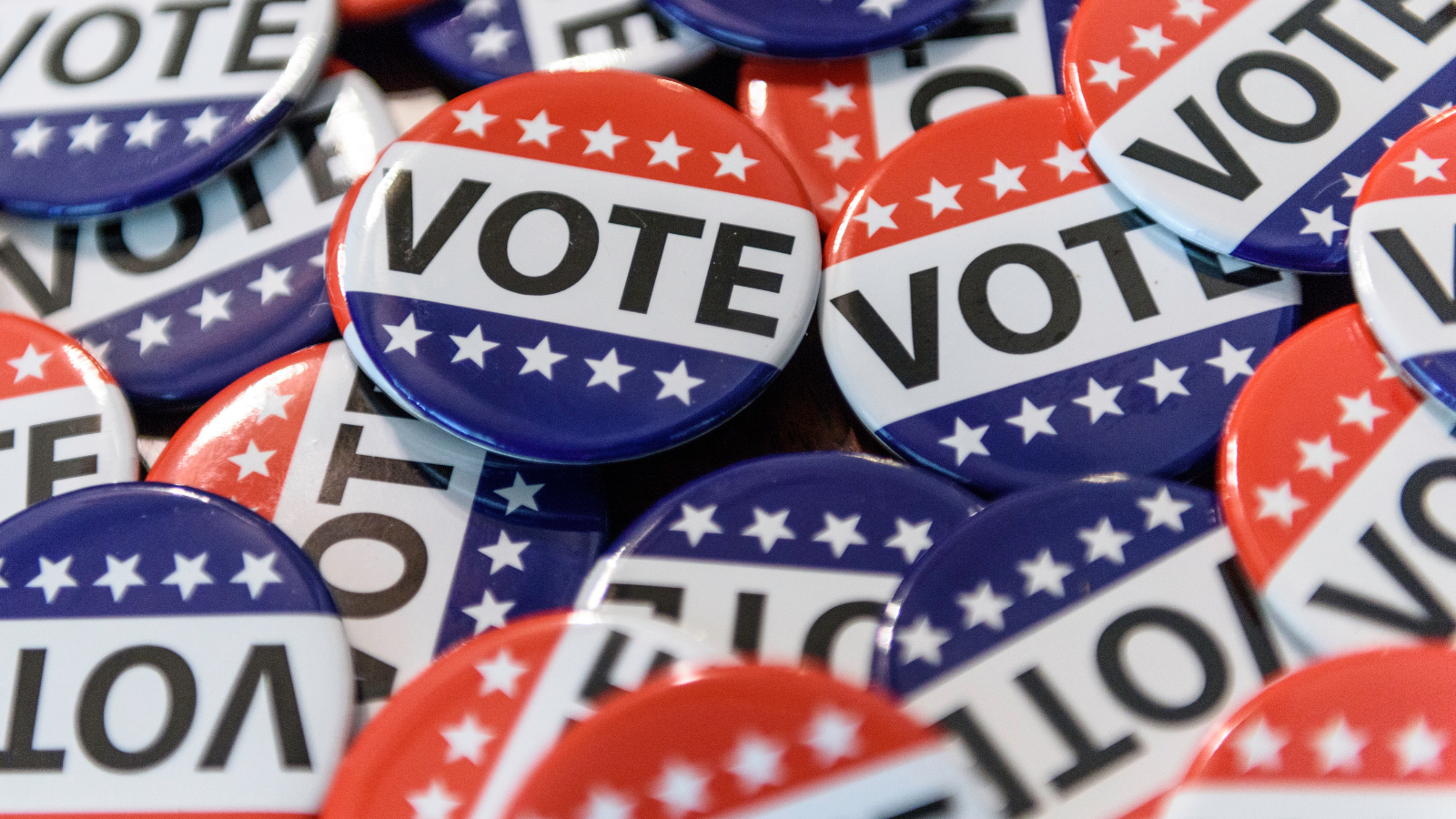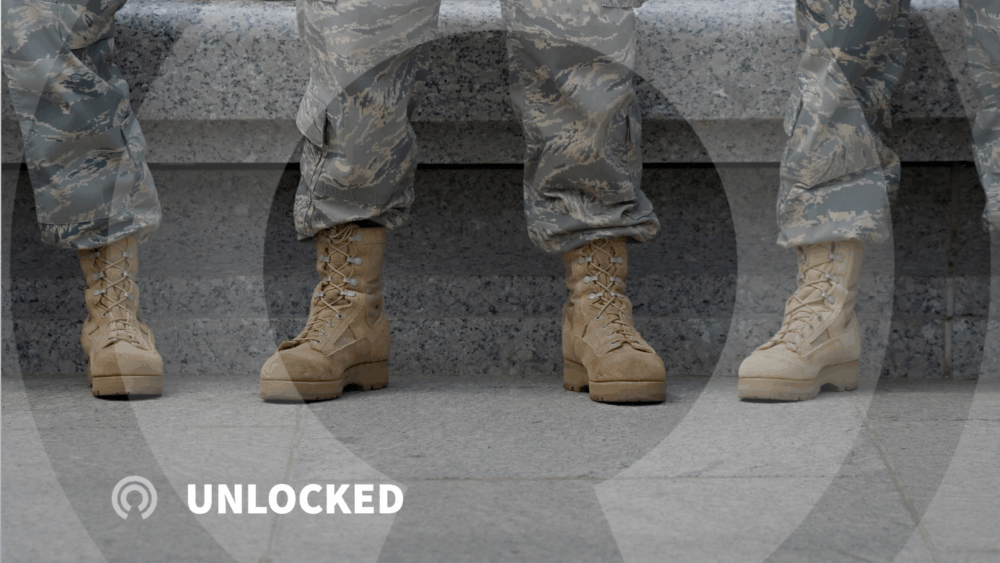
Videos
Regulating Social Media: America’s Global Communications Dilemma
Commentary

My seven-year-old daughter has been learning about voting in her second-grade class. Over the past few weeks, she’s come home from school brimming with questions about the voting process, asking where people go to vote and how it all works. It was her first real encounter with what democracy means, and she was all in. After a pizza and ice cream election night watch party at our house, she went to bed late eager to wake up to the results.
After a night of anxiously checking my phone for signs of an outcome, I stumbled out of bed early this morning, only to find her already awake, looking at me with wide eyes, waiting for me to tell her what happened. But the truth was, I didn’t know what to say. How do you explain to a child your devastation and existential uncertainty of an election outcome that you didn’t want? Especially when that child is just beginning to get excited about our system of governance and is forming her first memories of a presidential race?
I went with honesty. I told her that I was upset, that there was a lot of uncertainty about what would come next. I let her see me “not all put together,” and I showed her that this is often how life is: messy, unpredictable, and sometimes painful. But then something else dawned on me. I felt like I had to give her some reassurance, a way to understand this moment beyond just the results.
It sounded like a unit in school – a way to talk about democracy that wasn’t about me or my personal feelings. It was about something bigger. I told her that this election—despite the uncertainty and disappointment I felt—was proof that democracy works. Not because I got the outcome I wanted, but because the process was intact, allowing people from all over the country to be heard. And the beauty of democracy isn’t about always winning; it’s about the ability for everyone to participate.
Explaining this to her felt almost as though I was reminding myself too. We tell our kids from a young age that losing gracefully is important, that we don’t get to blame the other team or walk away just because things don’t go our way. And that’s the truth here as well. Being a “good sport” in democracy means accepting the outcome, trusting the process, and continuing to work for what we believe in without tearing down the system we depend on.
As adults, we sometimes forget how profound and instructive these simple values are. But talking to my daughter, I realized that the strength of democracy isn’t just in the vote itself; it’s in what we do afterward, whether we win or lose. It’s in the commitment to stay engaged, to keep the system healthy and responsive, and to teach the next generation that being a part of democracy is both a right and a responsibility. If we only show up when we’re happy with the outcome, what does that teach our kids about perseverance, resilience, and belief in something bigger than ourselves?
In the end, the morning didn’t unfold with a clear-cut explanation or a neat answer that resolved everything. Instead, I think my daughter saw that adults can feel disappointment and uncertainty too, and that even when we don’t have all the answers, we keep moving forward. More importantly, she learned that democracy is a commitment, one that goes beyond our personal wins and losses.
And as we move on from this election, I hope we can all embrace that same commitment, with our children watching, learning, and holding us accountable to those simple truths we teach them. Because ultimately, the health of our democracy depends on our ability to live by these values and to keep showing up—no matter the outcome.

Videos

Explainers, Podcasts, Videos

Videos